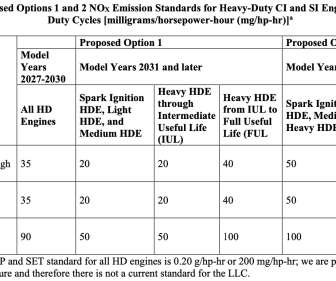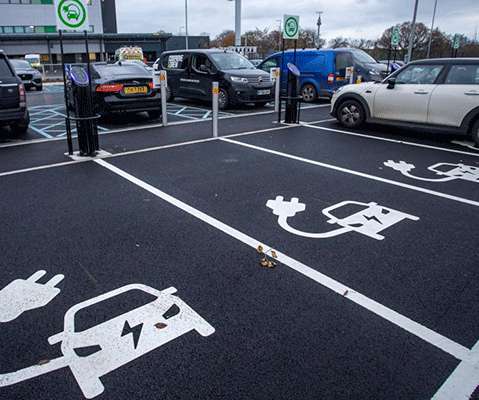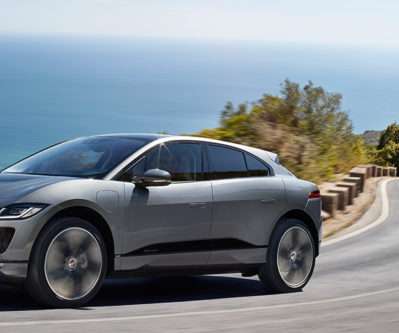Oregon EQC approves Clean Trucks Rule
Green Car Congress
NOVEMBER 18, 2021
The Oregon Environmental Quality Commission approved the Clean Trucks Rule, which adopts California’s Advanced Clean Trucks (ACT) Rule and Heavy-Duty Engine and Vehicle Omnibus rules (HD Omnibus) for Oregon. In Oregon, heavy-duty trucks and buses are responsible for nearly 23% of total transportation sector greenhouse gas emissions.









































Let's personalize your content